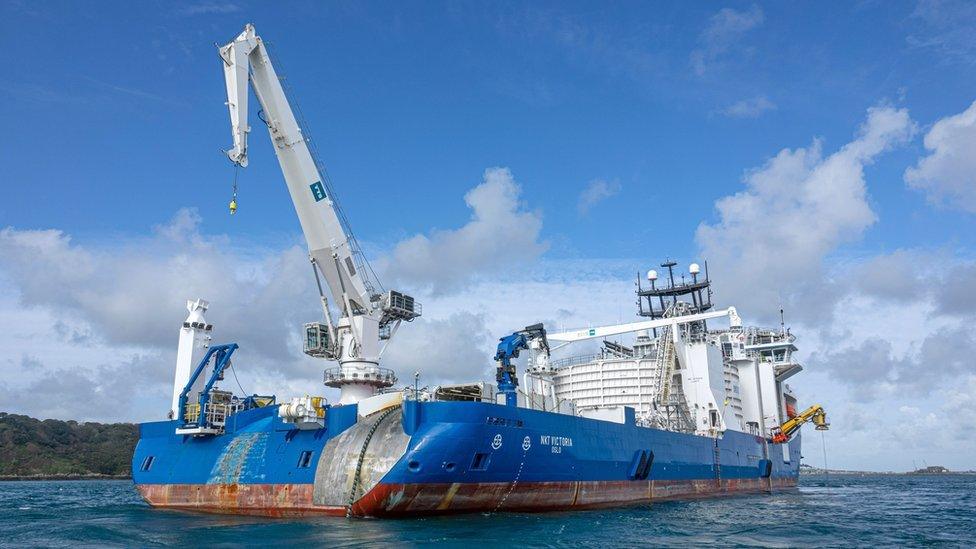Covid pandemic causes fall in Guernsey greenhouse gas emissions
- Published
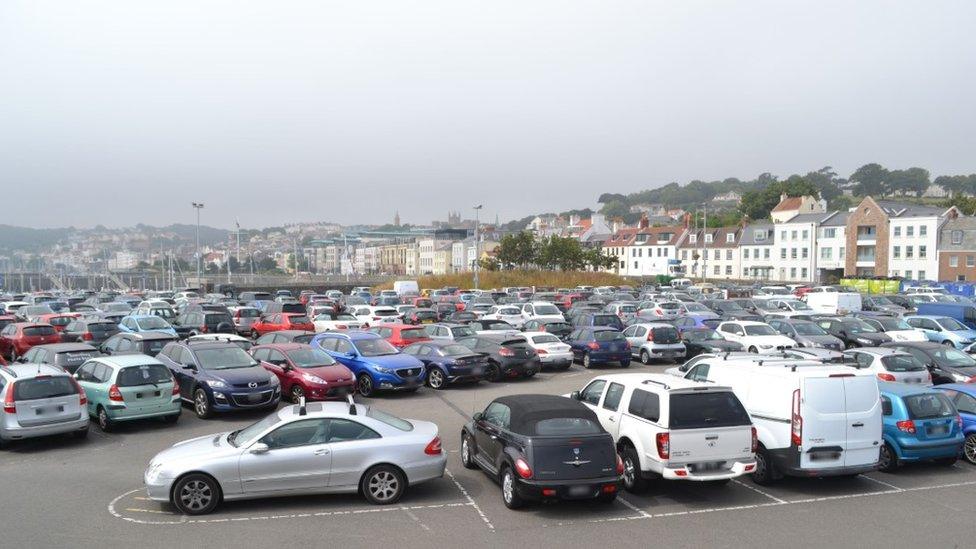
Transport was found to be the largest contributor, with most emissions being carbon dioxide
Greenhouse gas emissions in Guernsey fell by just over a third in 2020 compared to 2019 due to Covid restrictions, an annual report has shown.
Transport was found to be the largest contributor, with most emissions being carbon dioxide.
The Greenhouse Gas Bulletin for 2020, external was released earlier this week.
It said the Covid pandemic and restrictions resulted in a "decrease in emissions".
The report said: "The air and sea travel restrictions in place throughout most of 2020 to reduce the spread of Covid-19 had a significant effect on the number of flights and ferry voyages.
"There were also decreases in the amounts of petrol and diesel used for road transport and the number of bus journeys taken on the island."
Power generation used to be one of the largest contributors until 2001, when electricity began to be imported via cable link from France.
The bulletin said "some" electricity was still generated in Guernsey and it had an "impact" on emissions.
The report showed a decrease of 48% in Guernsey's greenhouse gas emissions between 1990 and 2020.
Landfilled waste was the second largest contributor, with agriculture contributing "a small proportion".

Follow BBC Guernsey on Twitter, external and Facebook, external. Send your story ideas to channel.islands@bbc.co.uk, external.
- Published8 November 2021

- Published4 June 2020
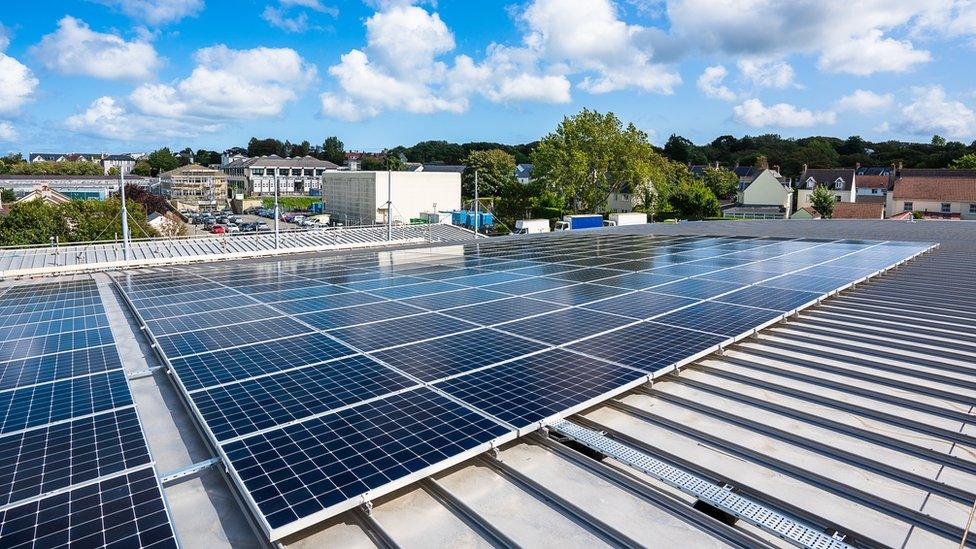
- Published20 November 2019
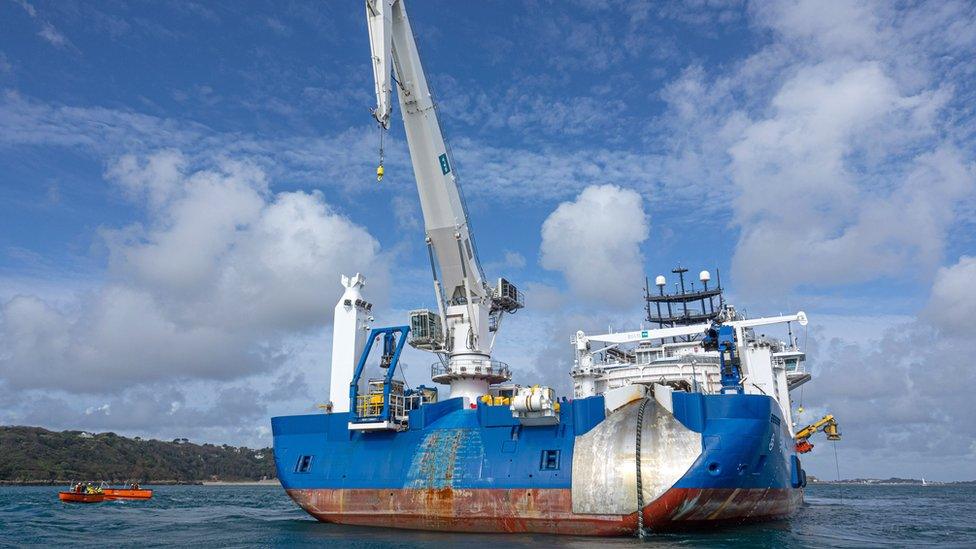
- Published31 October 2019
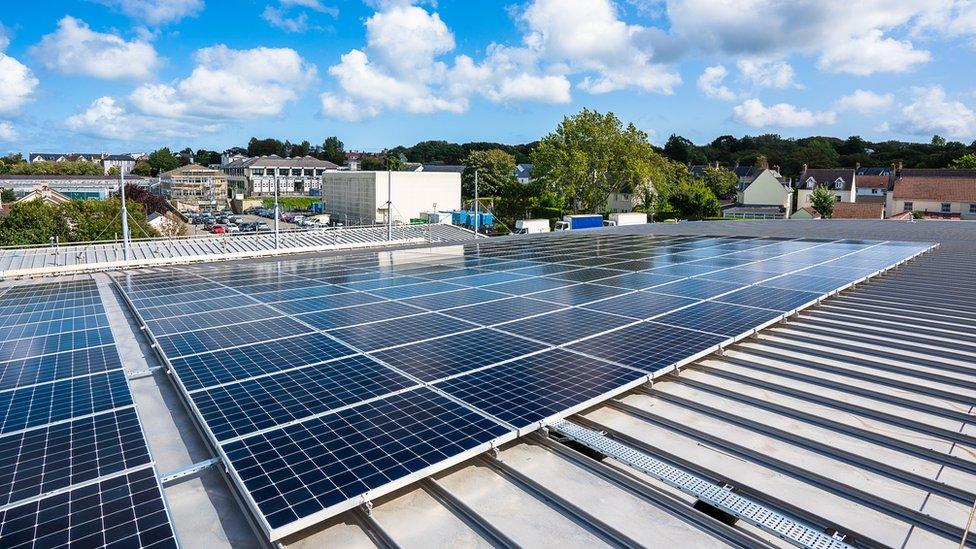
- Published11 October 2019
